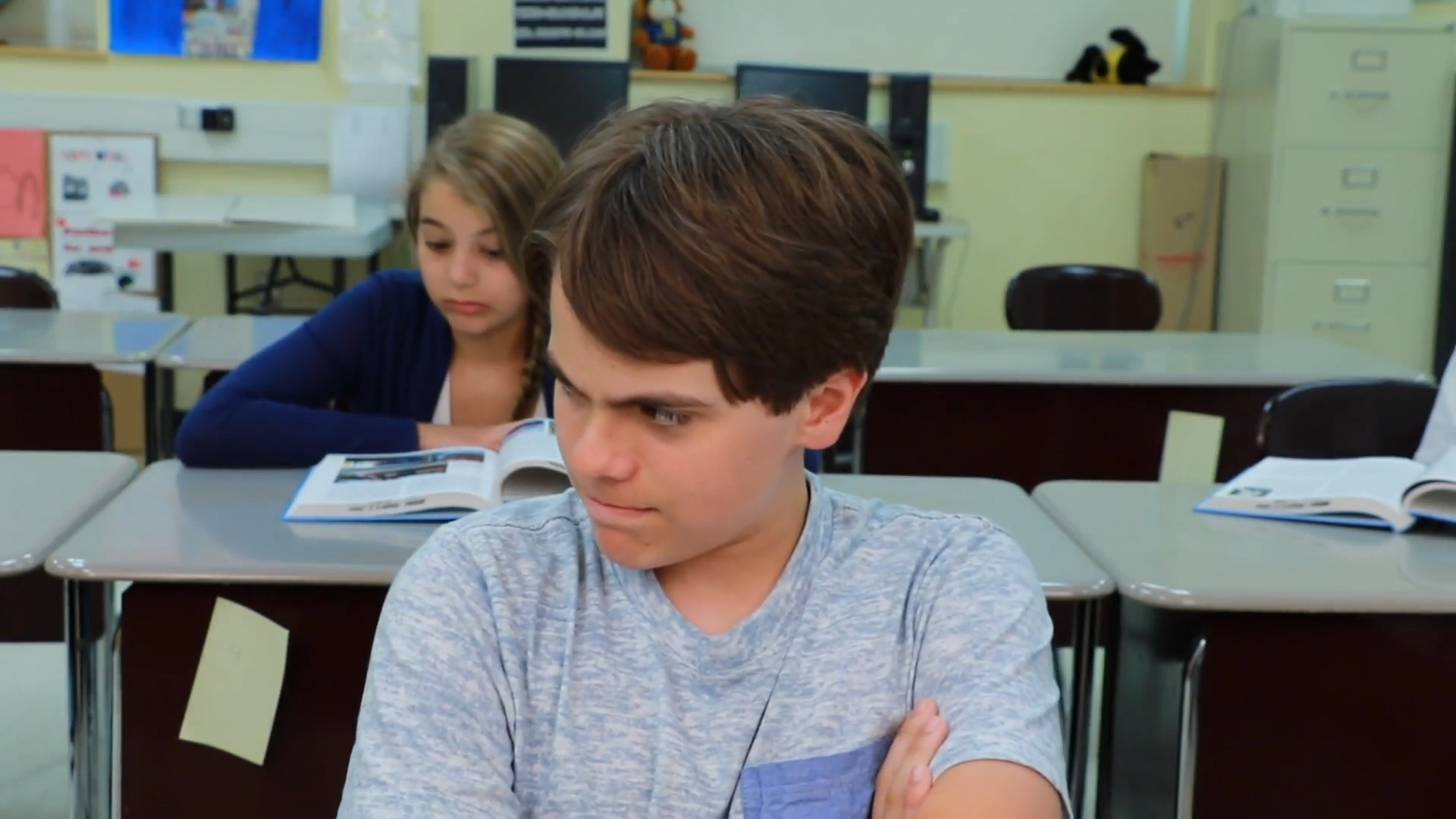Stress is an inevitable part of life, and it can have a significant impact on our ability to make sound decisions. Educators play a crucial role in teaching students how to cope with stress and make better choices under pressure. This blog post will discuss an easy-to-implement activity and discussion questions that promote social-emotional learning and help students develop essential skills for managing stress and decision-making.
No-Prep Activity: The Stress Balloon
This activity requires no preparation or materials from the educator and can be easily incorporated into a lesson plan. The purpose of the Stress Balloon activity is to help students visualize their stress and learn to release it in a healthy way.
- Ask students to imagine they are holding a balloon.
- Explain that the balloon represents their stress and that it is filling up as they encounter stressful situations.
- Encourage students to visualize their stress as a color or shape inside the balloon.
- Ask students to take deep breaths, imagining that they are filling the balloon with air as they inhale and releasing the stress-filled air as they exhale.
- Repeat this process until the balloon is entirely deflated and the stress is released.
Discussion Questions
- How does stress affect your decision-making process?
- What are some signs that you are feeling stressed or overwhelmed?
- What strategies can you use to cope with stress and make better decisions?
- How can you support your peers when they are feeling stressed or overwhelmed?
- Why is it important to communicate your feelings and needs when you are under pressure?
Related Skills
Alongside stress management and decision-making, students can also benefit from developing other social-emotional skills, such as:
- Emotion regulation: Learning to understand and manage emotions effectively.
- Empathy: Understanding and sharing the feelings of others.
- Active listening: Paying full attention to the speaker and responding thoughtfully.
- Assertiveness: Expressing oneself clearly and confidently while respecting the rights of others.
- Conflict resolution: Addressing and resolving disagreements in a constructive manner.
Next Steps
To further support your students in developing stress management and decision-making skills, sign up for free samples of social-emotional learning materials at Everyday Speech. These resources can help you incorporate valuable lessons into your curriculum and empower your students to make better decisions under pressure.






